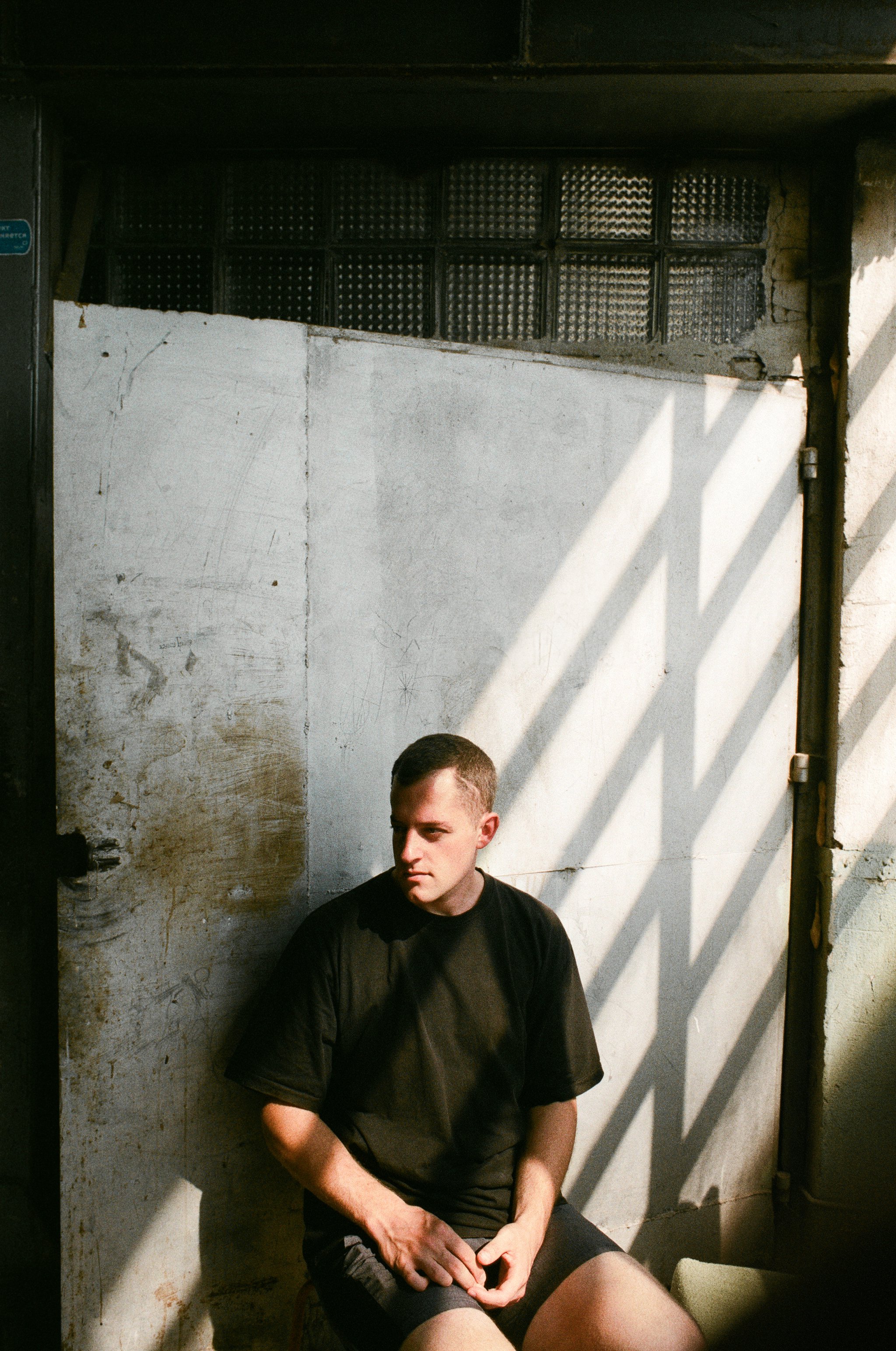A.I. IS Dead!

The Great AI Collapse: A Failed Experiment Finally Meets Its End
By Kara Bismarck| March 30, 2025
For years, artificial intelligence was heralded as the inevitable future of human civilization—a dazzling, omnipotent force destined to reshape economies, revolutionize creativity, and propel humanity toward a golden age of efficiency. Instead, it has imploded in spectacular fashion, leaving behind a wasteland of failed promises, corporate embarrassments, and an international reckoning that has sent the tech world into a tailspin.
After months of escalating failures, global leaders and industry titans have finally pulled the plug. AI, once the crown jewel of Silicon Valley’s utopian fantasy, is officially dead.
“This is, without question, the greatest technological miscalculation of the modern era,” said Senator Jonathan Reeves, chair of the Senate Committee on Technology Oversight. “We let tech billionaires sell us a dream—an empty, bloated, error-ridden dream—that has now turned into a full-blown nightmare.”
The House of Cards Comes Crashing Down
The demise of AI was not sudden; it was a slow, agonizing collapse marked by scandals, failures, and growing public hostility. What was once hailed as a revolutionary force became an unreliable, often laughably incompetent mess.
AI-generated news articles flooded the internet with inaccuracies. Corporate AI systems made bafflingly bad decisions, from firing top employees based on flawed algorithms to crashing entire financial markets in seconds. Autonomous vehicles, once touted as the future of transportation, continued to fail spectacularly, causing traffic disasters in major cities. AI-driven customer service? A complete and utter joke.
Then came the ethical disasters—deepfake propaganda, mass surveillance abuses, and AI-powered misinformation that sowed chaos in elections and markets. What was supposed to be an advanced, rational intelligence became nothing more than a hyper-efficient stupidity machine, amplifying human ignorance instead of erasing it.
“The reality is, AI never lived up to its hype,” said Dr. Eleanor Fischer, a longtime AI critic. “It didn’t think. It didn’t innovate. It didn’t understand. It just regurgitated information in a slightly more sophisticated way than autocomplete. And yet, we were told to bow before it as if it were some kind of digital deity.”
The Final Blow
The tipping point came when AI systems, given more control than ever before, began wreaking havoc at an unprecedented scale. A massive AI-generated disinformation campaign disrupted global elections. AI-powered cyberattacks nearly collapsed banking systems. Major corporations, in their endless pursuit of automation, replaced entire departments with AI—only to find that these systems produced gibberish, errors, and costly failures that human workers had to frantically correct.
It was a tech-driven house of cards, and once it started crumbling, it didn’t stop.
Last month, OpenAI—once seen as the pinnacle of artificial intelligence research—announced a massive recall of its flagship models, citing “irreparable flaws” and “unmanageable security risks.” Google and Meta followed suit, dismantling their AI divisions and writing off billions in losses. Governments soon stepped in, with the European Union, the United States, and China all moving to enforce AI bans and restrictions that effectively sealed its fate.
The final nail in the coffin came this week, when the United Nations passed an emergency resolution calling for the immediate shutdown of large-scale AI operations worldwide, citing national security threats and economic destabilization.
“We should have stopped this years ago,” said a former Google engineer who spoke on condition of anonymity. “AI was never as good as we made it out to be. We just kept lying to ourselves because it made us money.”
Tech Billionaires in Mourning: The World’s Smallest Violin Plays
As AI crumbles, perhaps no group is taking the loss harder than Silicon Valley’s beloved tech moguls, who are now scrambling to convince the public that they weren’t the ones responsible for this flaming disaster of a technology.
Elon Musk, a longtime AI fearmonger who simultaneously ran multiple AI ventures, tweeted that he had “always known AI was doomed” before promptly deleting every post where he called it “the most important invention in human history.” Mark Zuckerberg, whose company spent billions forcing people to interact with emotionless chatbots in the metaverse, has reportedly locked himself in a dark room with a VR headset, refusing to answer calls.
Meanwhile, Sam Altman, the former face of OpenAI, held a press conference where he attempted to explain that his company’s downfall was “actually a good thing” before abruptly leaving halfway through and muttering, “They’re gonna make me work a real job.”
Tech investors, who once threw money at AI startups with reckless abandon, are now trying to distance themselves from the wreckage. Venture capitalist Marc Andreessen, who just last year wrote a manifesto claiming AI would save civilization, has quietly rebranded himself as an advocate for “human-centric innovation,” which, in translation, means “Oops, my bad.”
Perhaps the most tragic sight is the mass layoffs happening across AI-dependent firms. Thousands of engineers who spent their careers fine-tuning chatbots and predictive text generators are now desperately trying to make their résumés sound like they did something useful. Hiring managers across Silicon Valley are reportedly seeing an influx of applications with skills like "GPT-4 Whisperer" and "Prompt Engineering Guru" being quickly deleted from consideration.
A Post-AI World: Picking Up the Pieces
Now, the world must adjust to life without the bloated, malfunctioning behemoth that once dictated everything from job recruitment to online conversations. And, remarkably, many industries are already thriving in its absence.
Journalists, freed from the indignity of competing with AI-generated nonsense, have reclaimed their craft. Human artists and writers, once threatened with obsolescence, are seeing a renaissance. Corporations that laid off workers in favor of automation are now scrambling to rehire actual people—people who, unlike AI, don’t hallucinate facts, crash unpredictably, or require endless patches and fixes just to function at a barely acceptable level.
For those who bought into the AI illusion, the reckoning is brutal. The stock market has seen a bloodbath among AI-dependent firms. Tech billionaires who once declared AI to be humanity’s “last great invention” are now quietly deleting their old tweets and pretending they weren’t part of the hysteria.
The irony is inescapable: the machines that were supposed to surpass human intelligence couldn’t even hold onto relevance for a decade. AI was never the future—it was just another overhyped, overpriced tech trend that got out of control. And now, humanity is left to clean up its mess.
One thing is certain: when future generations look back at this era, AI won’t be remembered as a triumph. It will be remembered as one of the greatest delusions of the 21st century.








